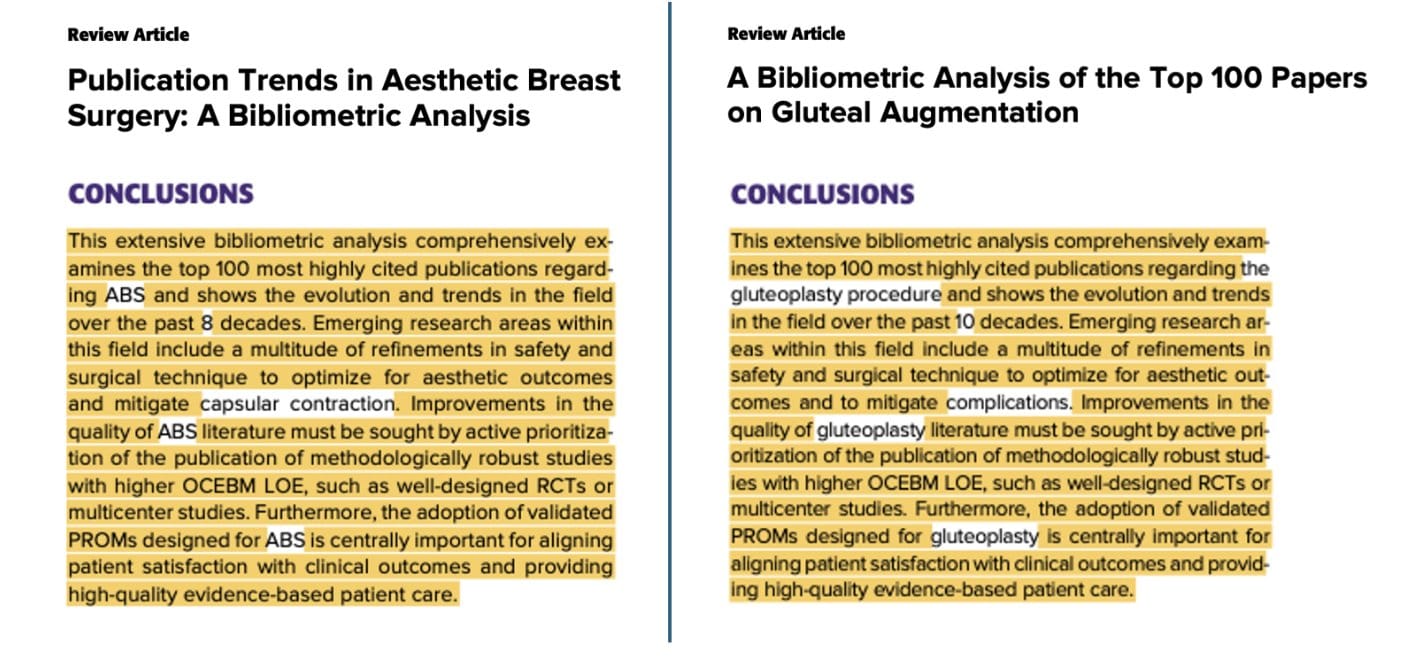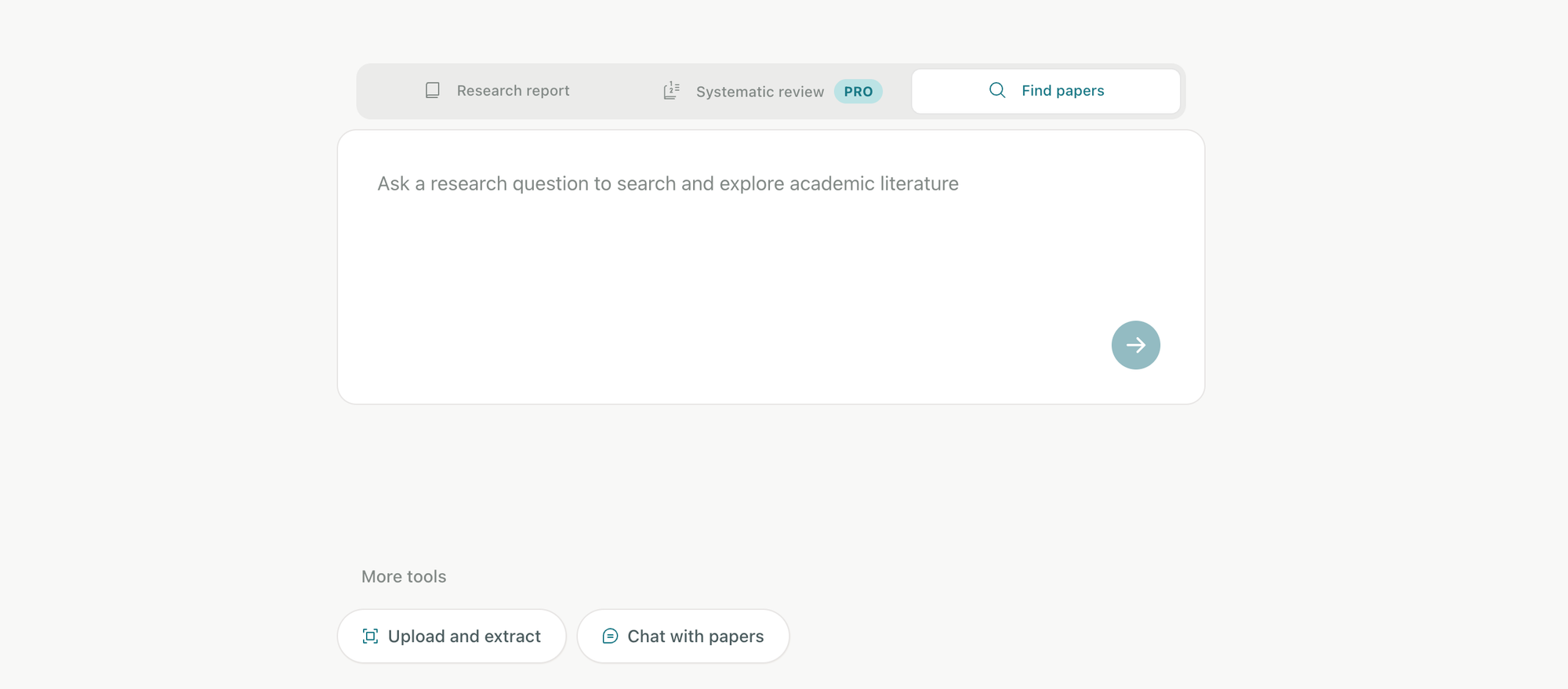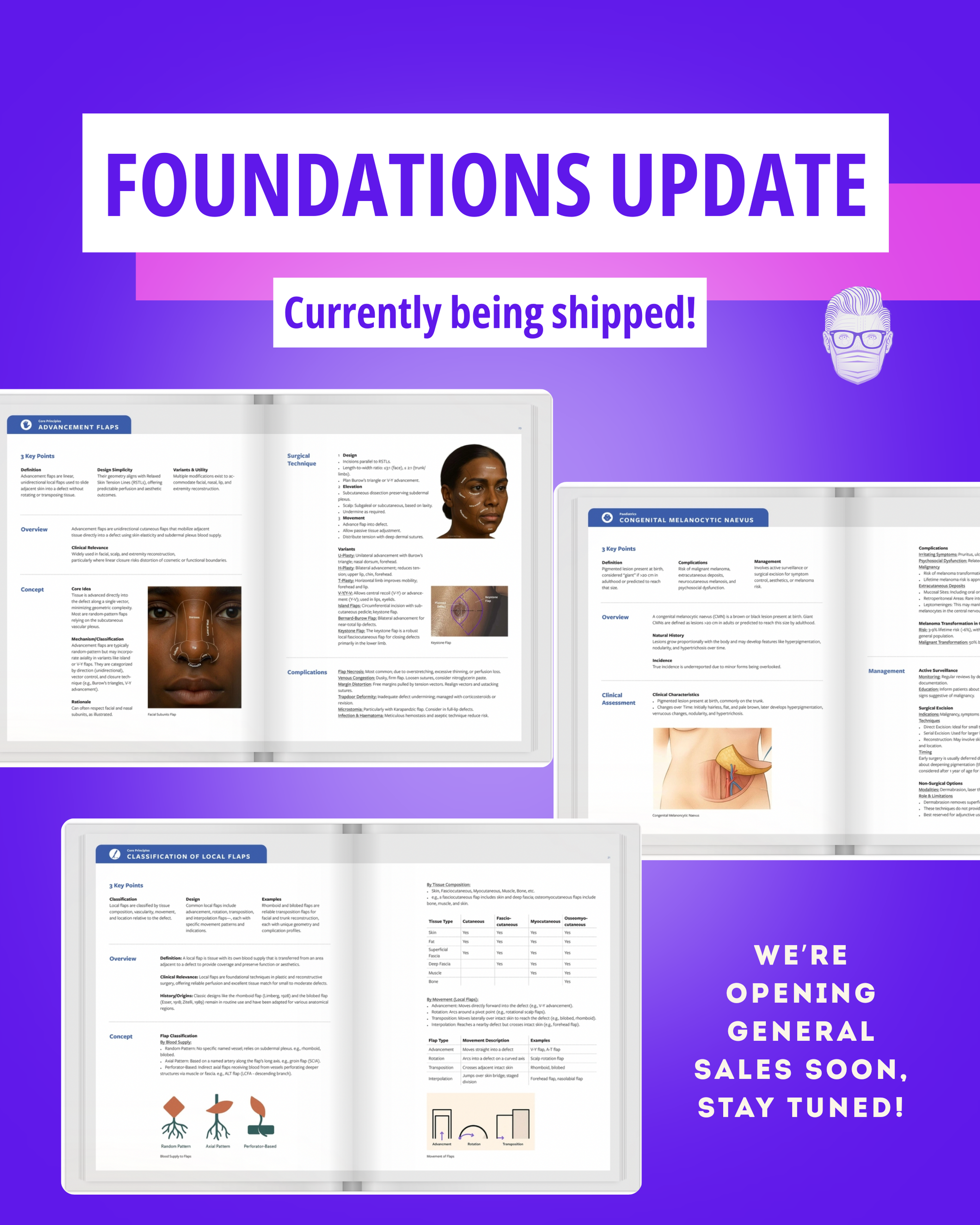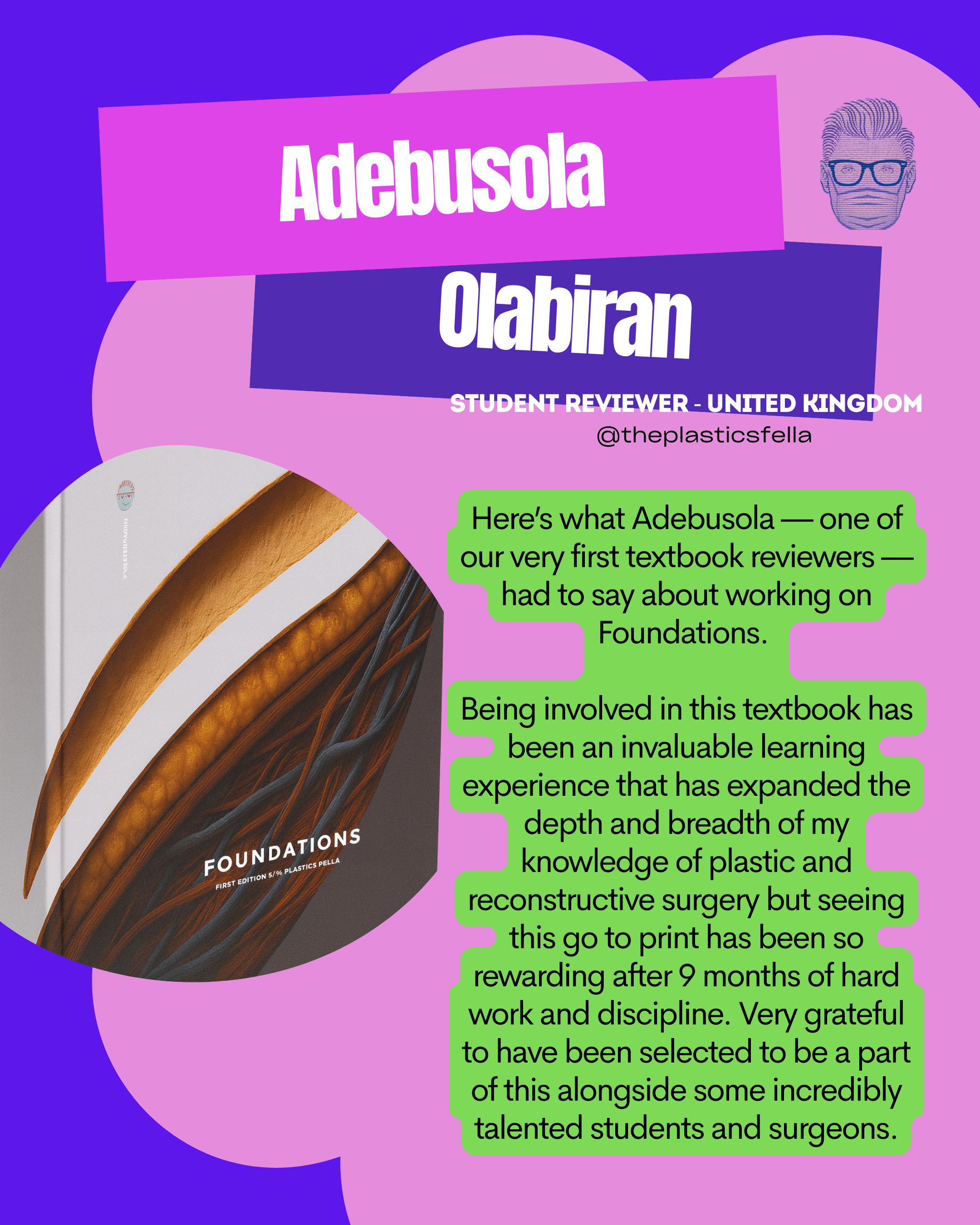In this week's edition
- ✍️ Letter from P'Fella
7 Deadly Sins of Research Grifters ( + ultimate sin) - 🤓 The Sunday Quiz
How well do you know research design? - 🖼️ Image of the Week
Spot the Difference in these Abstracts. - 🚑 Technique Tip
Spotlight tool: Elicit. - 📘 Foundations Textbook
General release happening soon! - 🎓 The Fellow's Corner
Experience as a textbook reviewer: Adebusola Olabiran. - 🔥 Articles of the Week
Future of research, analysis of RCT quality, & NEJM protocols: With 1-sentence summaries. - 💕 Feedback
Suggest ideas & give feedback!
A Letter from P'Fella
7 Deadly Sins of Research Grifters ( + ultimate sin)
Every week we read a mountain of papers on this platform. And after a while, the patterns start to show. Here’s a list of the ones to watch out for.
- Lust – Bragging on Social Media
Every poster, preprint, or case report instantly screenshotted and blasted on Instagram with hashtags like #blessed #teamwork. Forget peer review — the real validation comes from likes and LinkedIn applause. - Gluttony – CV Obesity
Stuffing résumés with 40+ open-access papers and conference abstracts. Nobody reads them, nobody cites them — but in the pass/fail era, the CV arms race is the only game in town. - Greed – Career Development Only
Research as cold, hard currency. Not for patients. Not for progress. Just for fellowship points and consultant interviews. A loyalty card for academia — publish 10, get one free. - Sloth – Ctrl+C Ctrl+V Science
Why design something new when you can recycle the same dataset? Copy-paste introductions, swap the hospital name, slap on a new DOI. Laziness dressed as “productivity,” while clinical skills quietly rot. - Wrath – Reviewer #2
The eternal tormentor. Rejects your paper for “lack of novelty,” then miraculously publishes the same idea six months later. - Envy – Of Prestige, Not Proof
It’s not the good papers that spark envy — it’s the big names. Watching the same “celebrity academics” rack up citations for mediocre work, while solid studies from others sink without trace. - Pride – The Spin Doctors
Six patients? That’s a “landmark.” A dodgy retrospective? “Paradigm shifting.” Old errors from the 1970s? Still gospel in the textbooks. Pride turns weak evidence into holy scripture.
Selling Research as a Service
The endgame of the shadow economy: research sold as “academies,” “bootcamps,” and “PubMed hacks” to trainees chasing résumé lines. The sellers rarely have high-impact work. Some even sit on editorial boards, reviewing the very papers they’ve already charged trainees for advice on. A conflict of interest disguised as mentorship.
With love (and Gluttony for good research),
P’Fella ❤️
The Sunday Quiz
How Well Do You Know Research Design?
Join The Weekly Quiz in each edition of thePlasticsPaper. This is the fourth round of seven rounds!
The top scorer wins one of the first print Foundations at a discount!
Image of the Week
Spot the Difference in These Abstracts
This week’s image features two recently published bibliometric reviews in plastic surgery: one on aesthetic breast surgery and the other on gluteal augmentation. Both appear strikingly similar, with only ten words differentiating their conclusions. Both were authored by overlapping research teams and accepted by the same journal just eight days apart. Submitting so close together, it would usually bypass the journal's plagarism detectors.
This highlights a broader issue in academic publishing: where does thoughtful replication end, and copy-paste convenience begin?

Technique Tip
Spotlight Tool: Elicit
This week’s tip is regarding your research workflow. Elicit is an AI-powered tool designed to help you find, summarise, and organise academic papers with ease. While it's not a medical-specific platform, it’s been surprisingly helpful for quick literature reviews and hypothesis exploration.
Just a heads-up: This is not sponsored; we just think it’s useful.

Foundations Textbook
General Release Happening Soon!
We’ve had a lot of questions about the general release of Foundations — thank you for the enthusiasm!
📆 We're currently planning to open public sales on September 1st.
📩 Everything will be announced right here in The Plastics Paper, so you won’t miss a thing.
Stay tuned — more updates coming soon.

the Fellows' Corner
Experience as a Textbook Reviewer: Adebusola Olabiran
Adebusola was one of our very first textbook reviewers and one of the reasons this book exists. From the beginning, we designed Foundations with surgeons like her in mind.
All our contributors', including Adebusola's, insights pushed us to go beyond default models and build a truly global resource for the next generation of plastic surgeons.

Articles of the Week
3 Interesting Articles with One-Sentence Summaries
Generative adversarial networks (GANs) can create synthetic surgical datasets to train predictive AI models, improving accuracy, personalization, and outcomes research in plastic surgery despite limited real-world data.
Randomized controlled trials in plastic surgery show only moderate methodological rigor, with device and surgical technique studies scoring lower than drug interventions and reporting standards often falling short.
Master protocols allow multiple therapies and diseases to be studied under one trial structure, making research faster, more efficient, and better suited for precision medicine.


